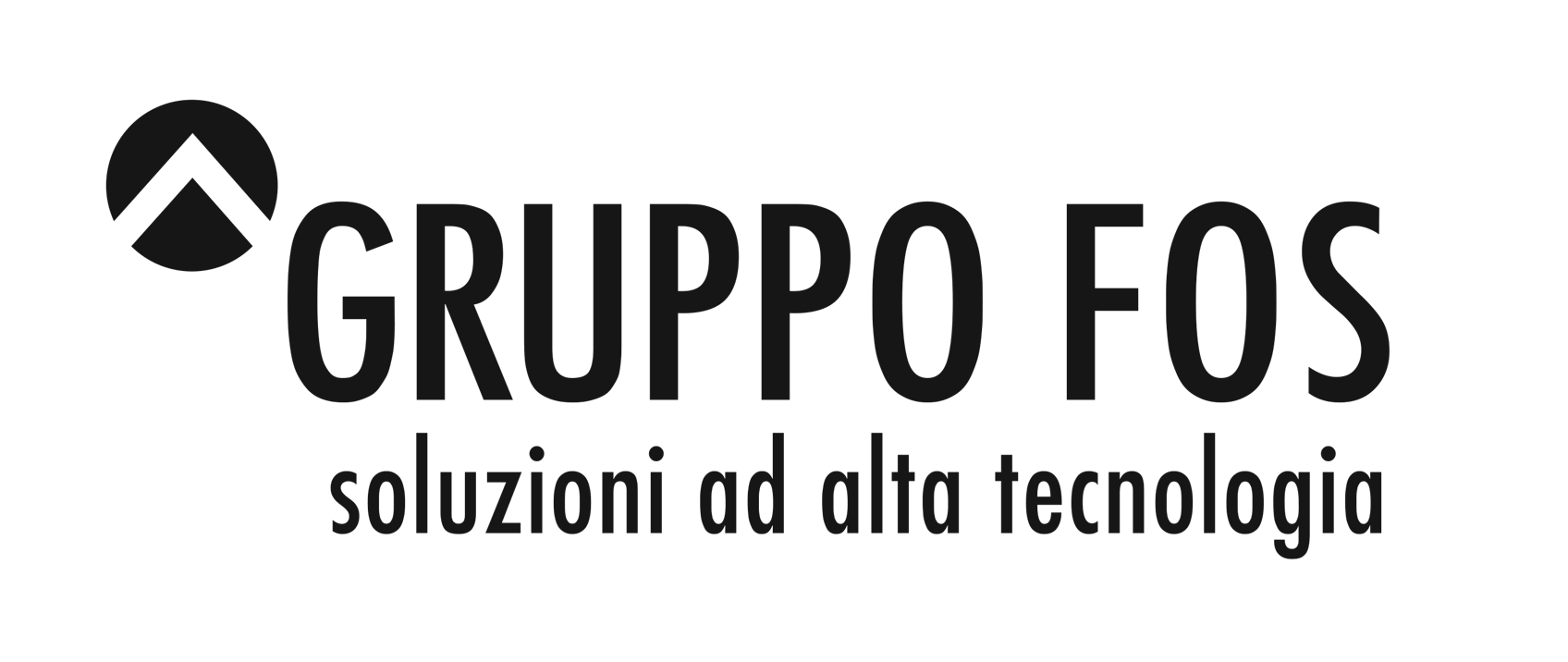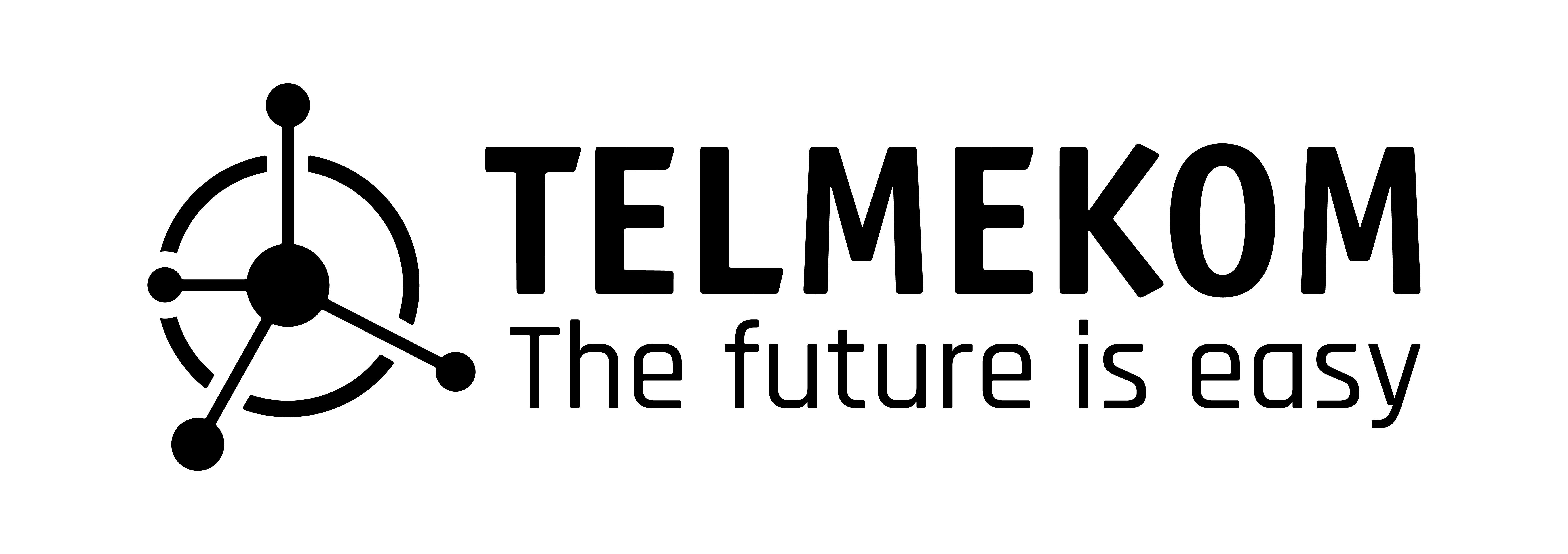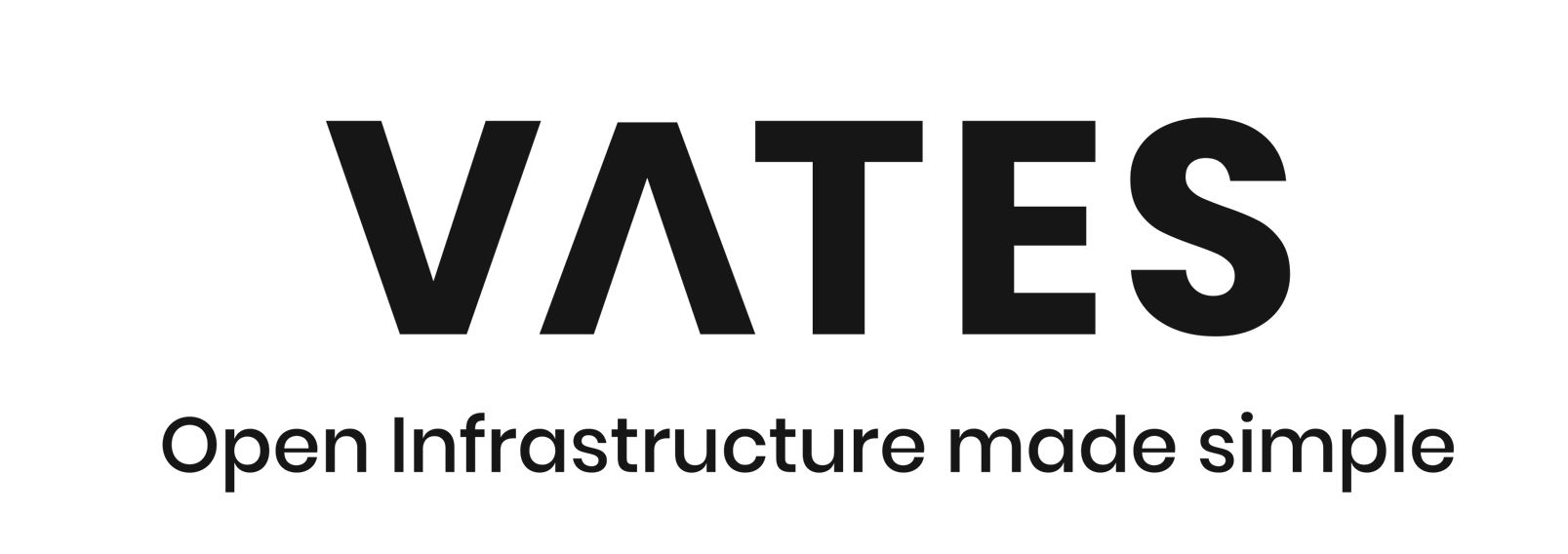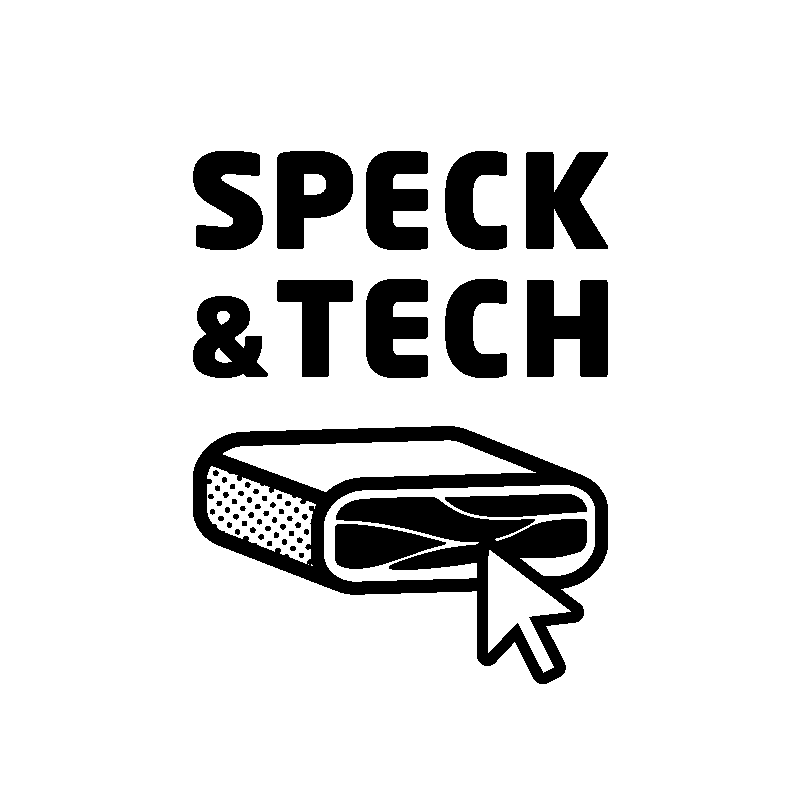Gennari and colleagues at the Physical Computing Lab (pc.projects.unibz.it) of the Free University of Bozen-Bolzano work on novel forms of natural interaction with embeddable and wearable computing devices, with and for different people, and especially young generations.
Their work, situated in the context of Human-Computer Interaction, emphasises empowering diverse individuals to not only create with physical-computing technology but also to critically understand its implications. It leverages research methodologies that crucially consider the context and people’s requirements, such as Research through Design and Action Research. Along the years, they have designed and developed tangible toolkits and playful methodologies, such as card-based systems like IoTgo, to facilitate co-design and co-development with different people of novel smart things (e.g., smart bins, smart hats), from pre-school children and teachers to people with intellectual disabilities and their caregivers.
Responsibility is deeply embedded in their work. Gennari’s team explores how to design responsibly, encouraging a reflective attitude towards technology and its societal impact. This includes considering ethical implications, privacy, and the broader social well-being when creating physical computing solutions. They aim to move beyond mere technical skill acquisition to cultivate a deeper understanding of technology’s role in daily life.
Furthermore, the team has contributed to the development of tools and frameworks to assess the understanding of physical computing basics, ensuring that design and educational initiatives with physical-computing devices are effective and inclusive.
The playful element is also crucial for making computing and design accessible and engaging. The team’s research often involves gamified tangible interactions, and creative workshops where participants explore the possibilities of design with computing in an enjoyable and exploratory manner. This playful lens helps demystify physical-computing technology, making it less intimidating and more inviting for diverse participants, including in-service teachers and children.
This talk will focus on recent initiatives of the Physical Computing Lab, that demonstrate their approach to responsible design with fun and play.




































